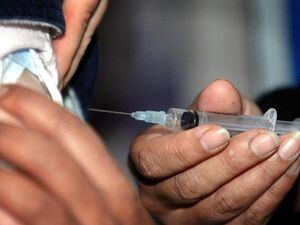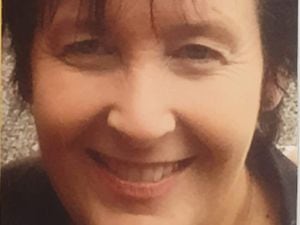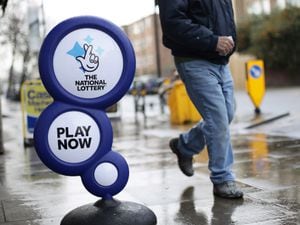Advertising watchdog takes action against 150 autism ‘cure’ therapists
The Advertising Standards Authority said claims that Cease therapy could cure autism were of serious concern and have to stop.

Around 150 therapists who claim to “cure” autism have been served enforcement notices by the advertising watchdog amid warnings their methods have no scientific credibility and could severely harm children.
The Advertising Standards Authority (ASA) said claims that Cease (Complete Elimination of Autistic Spectrum Expression) therapy could cure the condition were of serious concern and “have to stop”.
Cease therapy supposedly involves the removal of “toxic imprints” caused by vaccines, medications and other substances and some diseases.
Therapists recommend “treatment” in the form of nutritional supplements – commonly high dosages of vitamin C and zinc – along with dietary restrictions.
Writing on the ASA’s website, chief executive Guy Parker said the claims had no scientific credibility and ran contrary to NHS guidelines.
He warned that discouraging vaccinations for children could have potentially life altering or life-ending consequences, while an overdose of vitamin C could result in diarrhoea, nausea, vomiting and abdominal cramps, with children likely to be affected more severely than adults.
Too much zinc also conflicted with NHS advice, risking anaemia and weakening of bones.
Mr Parker said there were “sadly” few barriers to becoming a Cease therapist, with various websites promoting training courses that lasted three to five days, after which practitioners would be “qualified” to administer the “treatment” unchecked.
Health-related products are subject to strict advertising rules, primarily that they must not falsely claim that a product is able to cure an illness or developmental disability. They also must not discourage essential treatment for conditions that require medical supervision.
Last year the ASA banned a claim that Cease therapy could “address” autism, ADHD/ADD, dyslexia, dyspraxia, depression and schizophrenia in adults and children.
However the watchdog said the issue was ongoing and it had sent enforcement notices to around 150 Cease therapists still operating in the UK, warning that it would target them with further sanctions if necessary.
It has referred several cases to Trading Standards for further investigation and said any breaches of criminal legislation could lead to prosecution.
Mr Parker said: “It’s the mental and physical well-being of young people in particular that concerns us here. Typically, Cease therapy is promoted as a treatment for autistic children.
“As the National Autistic Society makes clear, autism is not an illness or disease. It cannot be cured. So to see some people claiming to do just that is a serious concern. Misleadingness and offering false hope aside, there’s potential harm behind such claims. So we’re taking steps to stamp them out.”
Carol Povey, director of the National Autistic Society’s Centre for Autism, said: “Autism is lifelong. It’s not a disease or an illness. And many autistic people feel that their autism is a core part of their identity.
“It is deeply offensive for anyone to claim that unproven and even harmful therapies and products can ‘cure’ autism – and particularly appalling where people target vulnerable families.
“We are really pleased that Advertising Standards Authority is taking action against the bogus claims by people peddling Cease therapy.”





